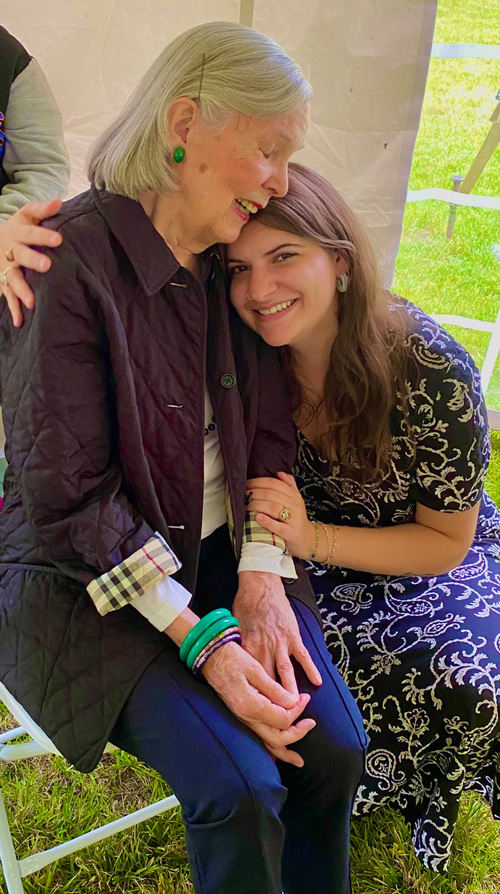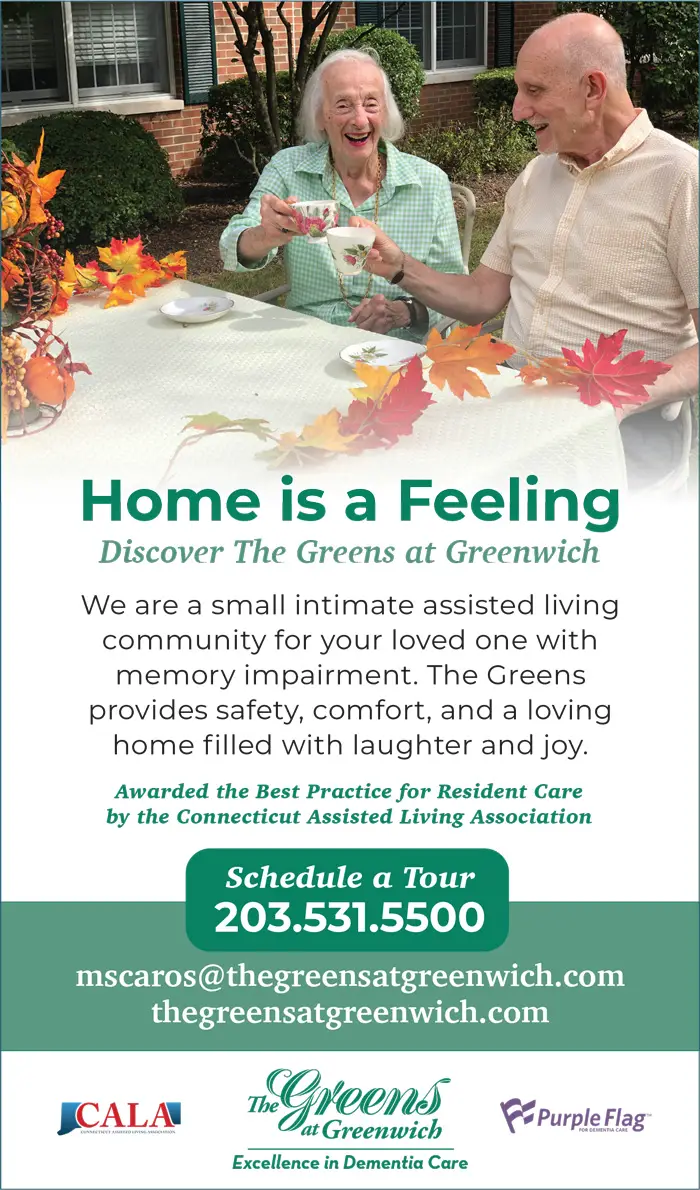In a 1976 Peanuts comic strip, Lucy has the revelation that her grandmother is more than just a woman who bakes delicious peanut butter cookies; she was a working woman during World War II, a woman with a story like many other “great women” Lucy learned about in school. Her revelation begs the question: how well do we know our grandparents? Surely, the answer to this question may depend on whether they are alive or deceased, in close proximity, in a good standing relationship with other family members, etc. If you are fortunate enough to have living grandparents, it may be an important question to ask yourself.

My paternal grandmother was diagnosed with Alzheimer’s disease when I was three years old. I would join my parents, brother and extended family in visiting my grandma every month or so at her various assisted living and skilled nursing facilities. As a child, I dreaded these visits. The facilities my grandma lived in felt cold, barren, institutional and far from homey. For as far back as my memory goes, my grandma was almost entirely nonverbal. Being so young, I did not know how to connect with her without words. I sensed that she did not recognize me and I felt uncomfortable and, frankly, freaked out by the bleak environments of these facilities. How could a child navigate these strange feelings and painful realities?
Once I was old enough to really understand my grandmother’s diagnosis, she passed away. As a young adult, I was left wondering about my grandma’s life and what her voice would have sounded like had she been able to share her stories with me. Who was grandma, really?
I currently work as the Program Director and Music Therapist at The Greens at Greenwich Assisted Living Community, a community that specializes in dementia care. Each day I experience the many meaningful ways we can communicate with individuals with dementia, regardless of where they are in their disease progression. I often think about my younger self and wish I could tell her not to be so afraid. Maybe my grandma did not recognize me, but she would have heard my words and the sound of my voice had I tried to speak with her more often. Maybe she could not express her love in a traditional or verbal way, but she would have felt my loving touch or gentle handholding had I not been so unsure of how to connect. I have made peace with the fact that I cannot go back in time and change my interactions with her. However, I strongly encourage those who still have their grandparents in their lives to get to know them. Connect with them through a conversation, a touch, a smile, a hug. Know that these moments matter, no matter how foreign they may feel. I have learned that knowing who my grandmother was during her life tells me quite a bit about who I am today. As Lucy says, our grandparents know more than peanut butter cookies, so let us enjoy the privilege of getting to know them.






















